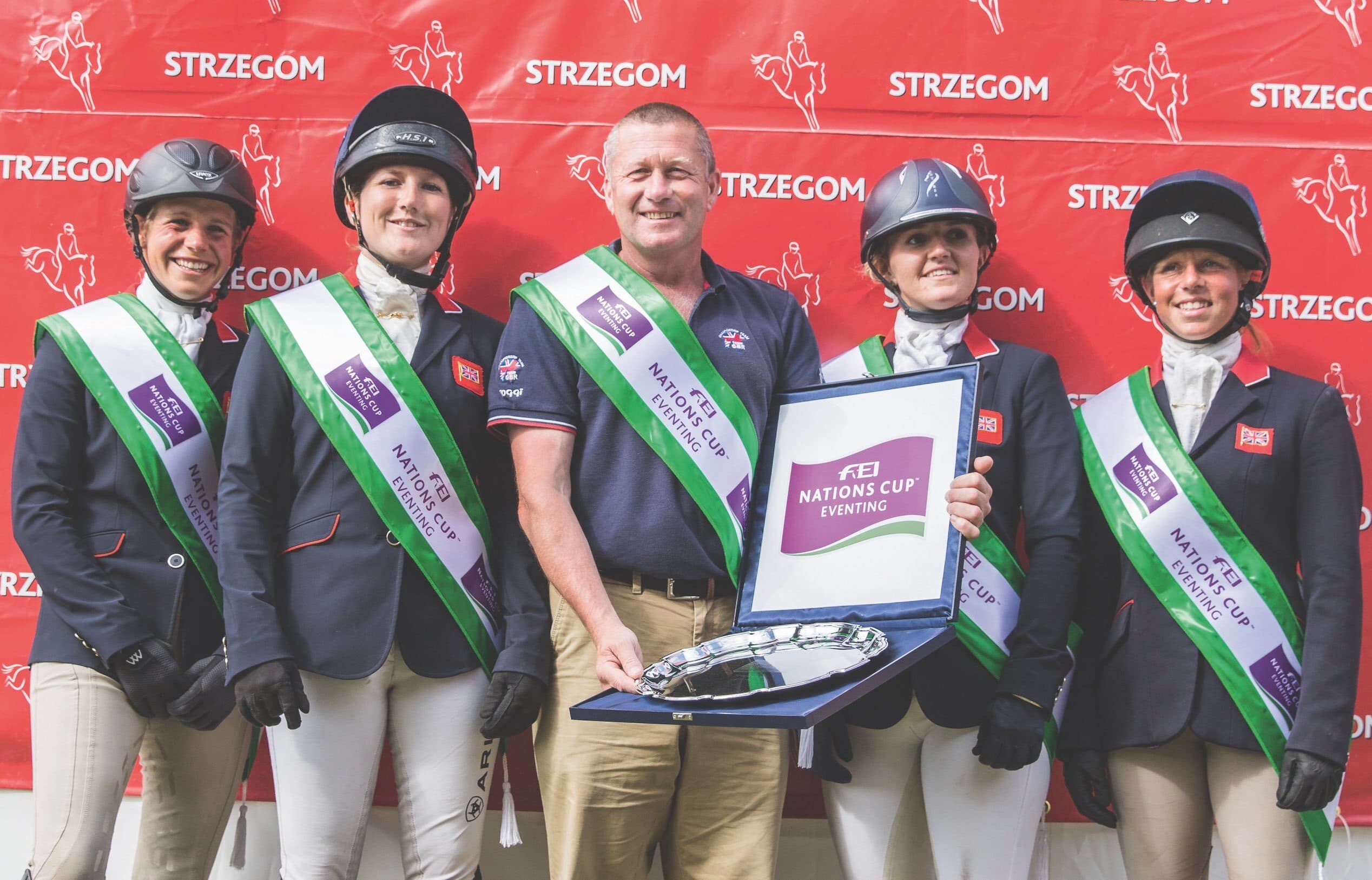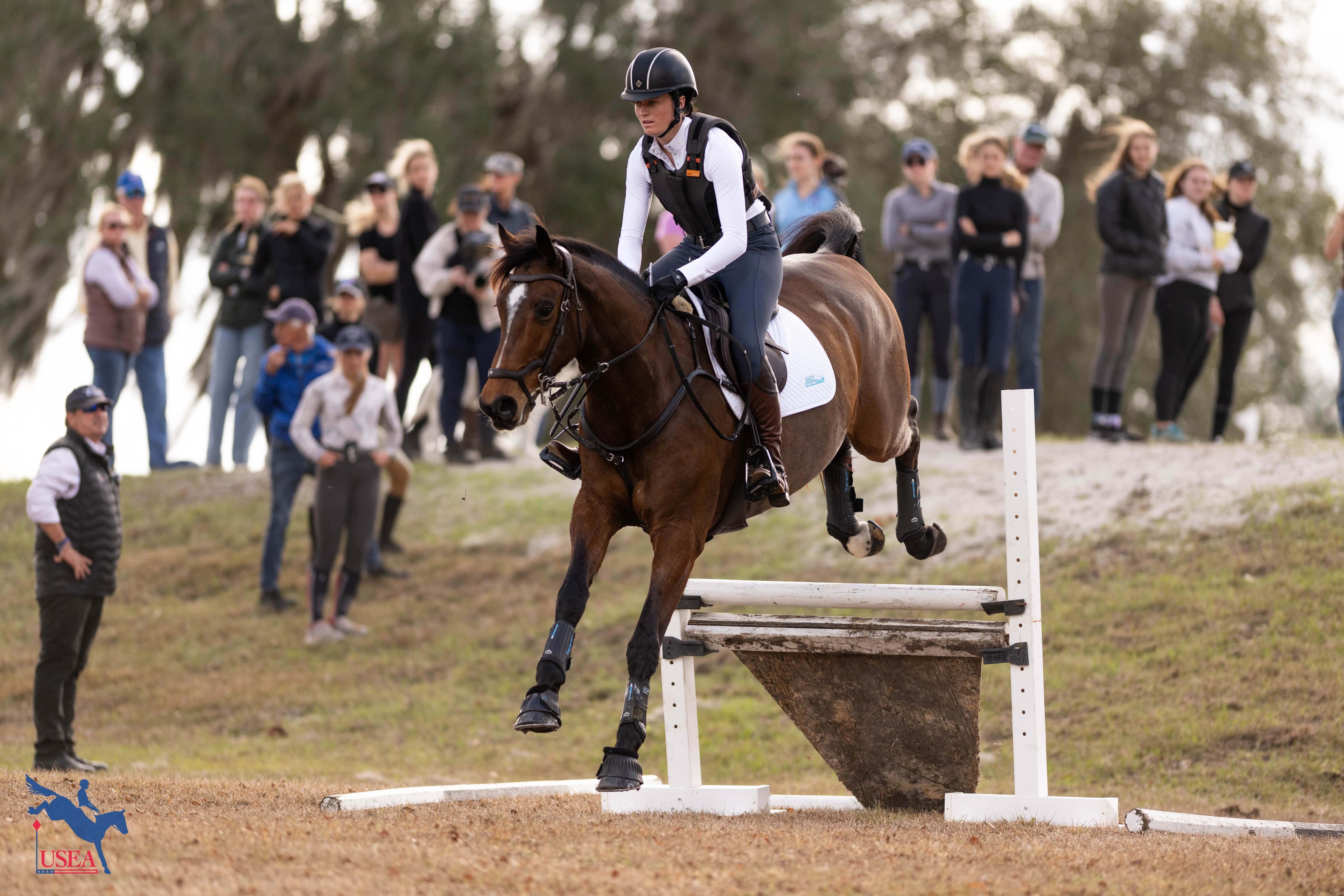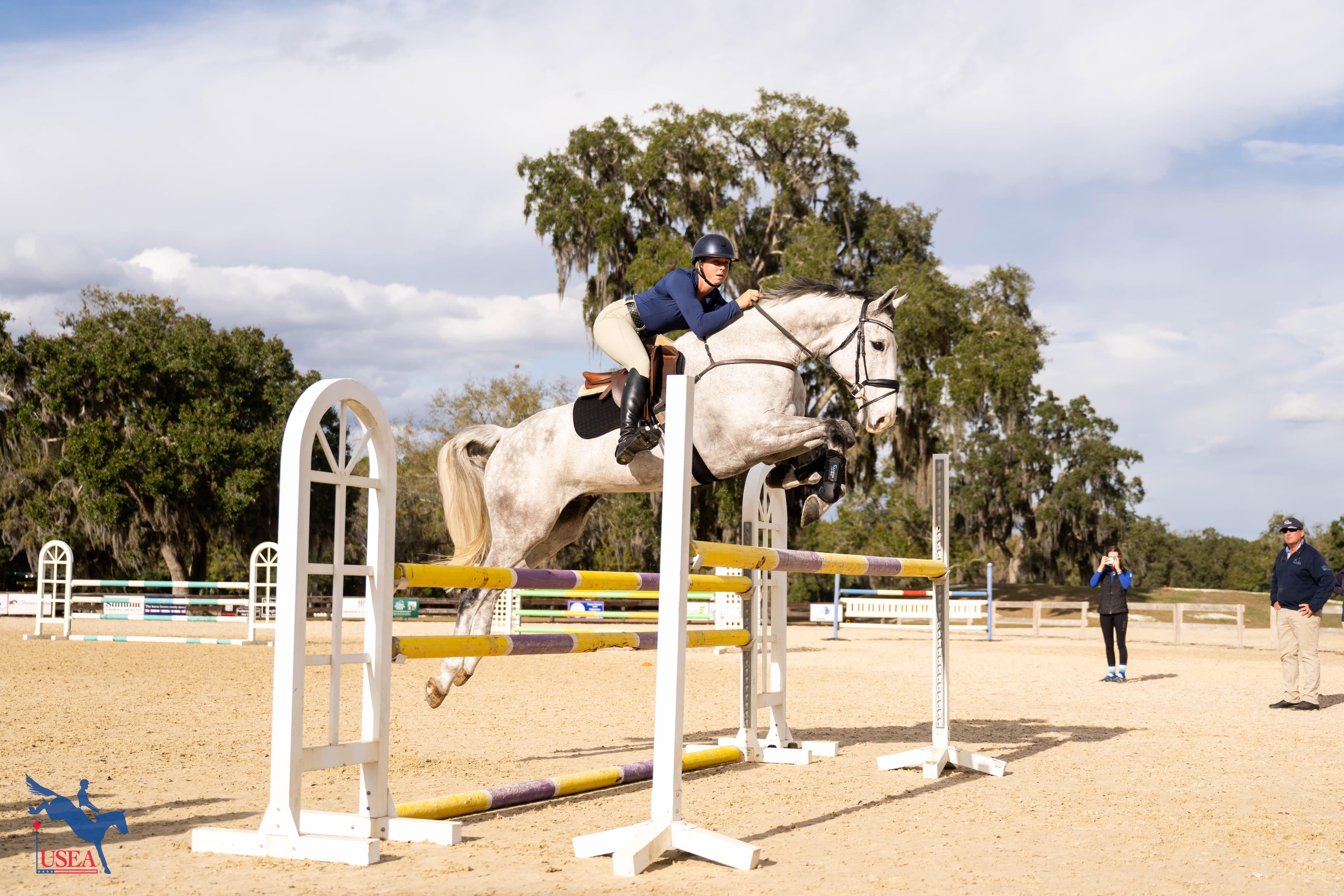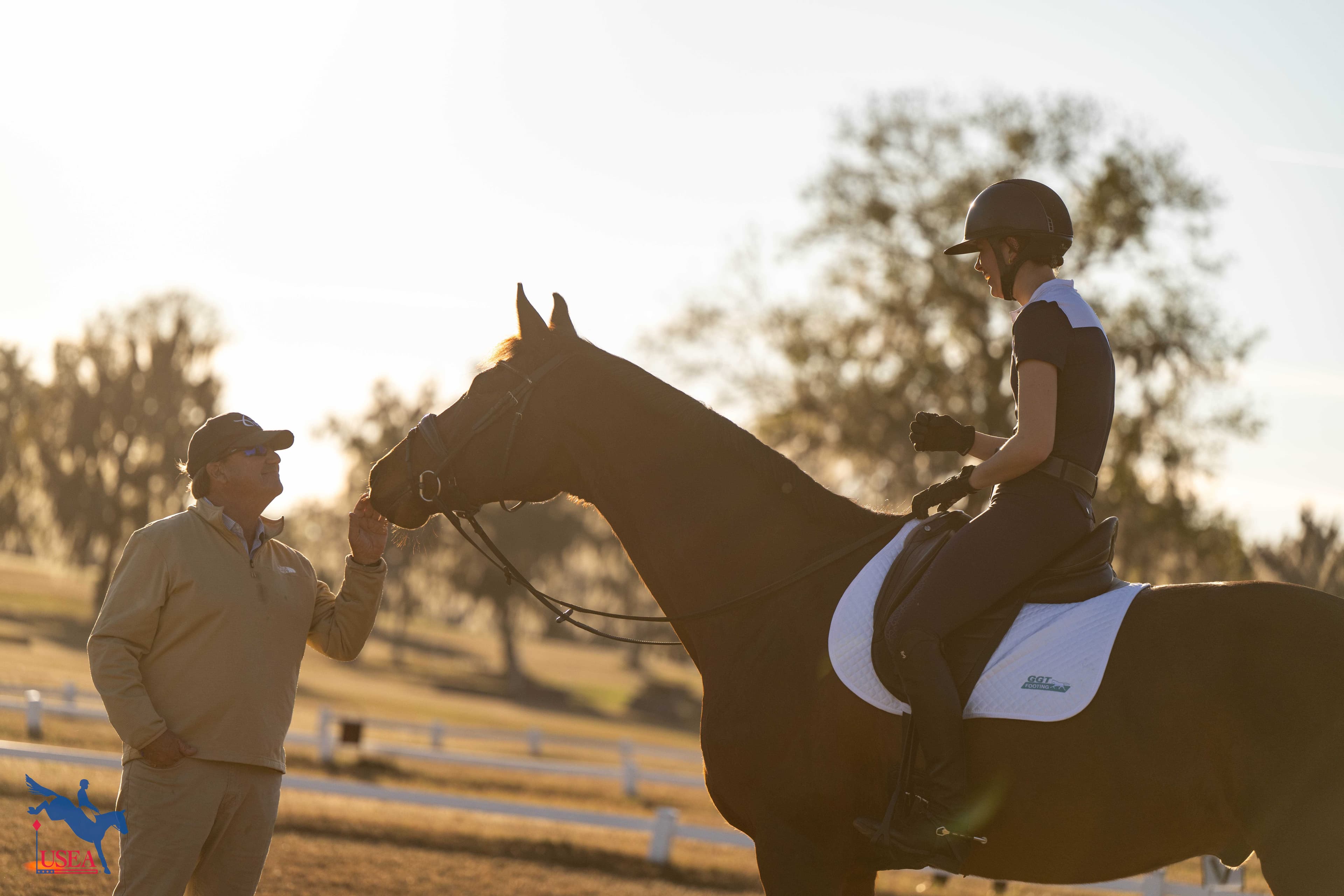Tokyo Talk with Technical Delegate Philip Surl

Many things about the Tokyo Olympics will be new and different for its eventing participants, including, of course, the venue. However, they will be greeted by many familiar faces, for the world of elite eventing is a close-knit one. The majority of Tokyo-bound riders will know Technical Delegate Philip Surl, a British-based former top-level rider who has officiated at horse trials all over the globe, including the CCI5*s at Kentucky and Burghley.
Q: When did you first become involved with the Tokyo Olympics?
I was asked to be Technical Delegate (TD) in 2017. I’ve been over there seven or eight times since then, including for the Olympic test event in 2019. I flew out to Tokyo for a few days at the beginning of July, but prior to that, I was last there in March 2020, just before lockdown. I was very chuffed and honored to be asked to be the TD for Tokyo; it’s exciting and wherever you work in the world, you always learn something. This is my first championship as TD, although I have done the job at Burghley several times, Kentucky twice, and many other big events.
Q: Can you describe your role as TD? Will it differ at all from normal in Tokyo?
A TD approves the technical and administrative arrangements for the conduct of the event. This includes the checking and passing of the cross-country course before the ground jury ultimately signs it off, overseeing the draw, the logistics behind things such as the horse inspections, and horse and rider training slots. The relationship with the course designer is a key one, and the stewards report back to me regarding any issues relating to rules and so on. The TD is responsible for obtaining information to deliver to the ground jury on issues that might require a decision to be taken; for example the awarding of a technical 20 penalties on the cross-country, and plays a part in that decision-making process, and any veterinary or stewarding issues that might go down the disciplinary route.
What makes an event - any event - run smoothly is having a good team. I could sum it up by saying, ‘If anyone sees a hand grenade rolling about on the floor with the pin out, then you pick it up - even if it isn’t technically your job’. There is so much going on that everyone needs to be ready to - and capable of - picking up potential grenades; that’s what you want in a team.
All that will be the same in Tokyo. What will be different is the responsibility for every aspect of the additional logistics, such as cooling areas for horses, the grooms’ accommodation and buses, the volunteers’ hotels, what people eat and when. . . That’s where an Olympic Games differs - a great deal of extra logistical and organizational detail.
Of course, there are many additional complications due to Covid, but everyone is fully aware of that and I am pretty confident that everything is in place to deliver an eventing competition - which is what we do week in, week out. Yes, there is a massive international spotlight on us and increasing layers of detail involved in making it a safe Games from the point of view of Covid, but I think everything is in place. Everyone is going to have to take a breath and accept that there will be things that feel different and a bit frustrating, especially surrounding travel, but the competition is happening - let’s focus on that and on getting it done.
Q: What’s the eventing venue like?
The equestrian park is incredible; the facility there is amazing and looks spectacular, and it will be something that endures for a long time as a very special venue.
Q: What did you do before you became a TD?
I was a professional event rider in Britain, up to CCI5* level - I did my first three-day event at Wylye in 1980. I came from an unhorsey family - my father was a biology teacher - and we bought my first pony out of a field for £50 including tack. I went through the Junior and Young Rider system without quite making it onto a team and met my wife Claire while riding for the Dutch eventer Eddy Stibbe at Waresley Park. Without ever making a conscious decision to stop, my competitive career wound down around 2006 or 2007 when other things started to take over. I was a Technical Adviser for British Eventing, which is a very similar role to that of a TD on a national level, and it was a natural progression from there to become an international TD around 12 years ago.
It
wasn’t something I ever set out to do, but it’s an interesting role and one in which you get to work with a lot of different people in a lot of different places. I’m still an eventing fan - I have been all my life - and I really enjoy working with the cross-country
course designer and watching an exciting competition unfold with great horses performing to the best of their abilities. And there are big characters all over the world in eventing, and we’ve got so much in common with each other.
Q: What
other involvement do you have in eventing?
I’ve done a lot of coaching, and it’s one of the things that I enjoy the most - perhaps it is my teacher father’s genes coming out in me. I’m a UKCC Level 3 coach, and in 2013 I joined British Equestrian’s World Class program as Assistant to the Eventing Performance Manager, Yogi Breisner. I am team manager to Britain’s Nations Cup teams; we’ve had a lot of success in the Nations Cup series over the years and it’s been great fun. I’ve also been British Eventing’s regional coordinator for the East region since 2010.














